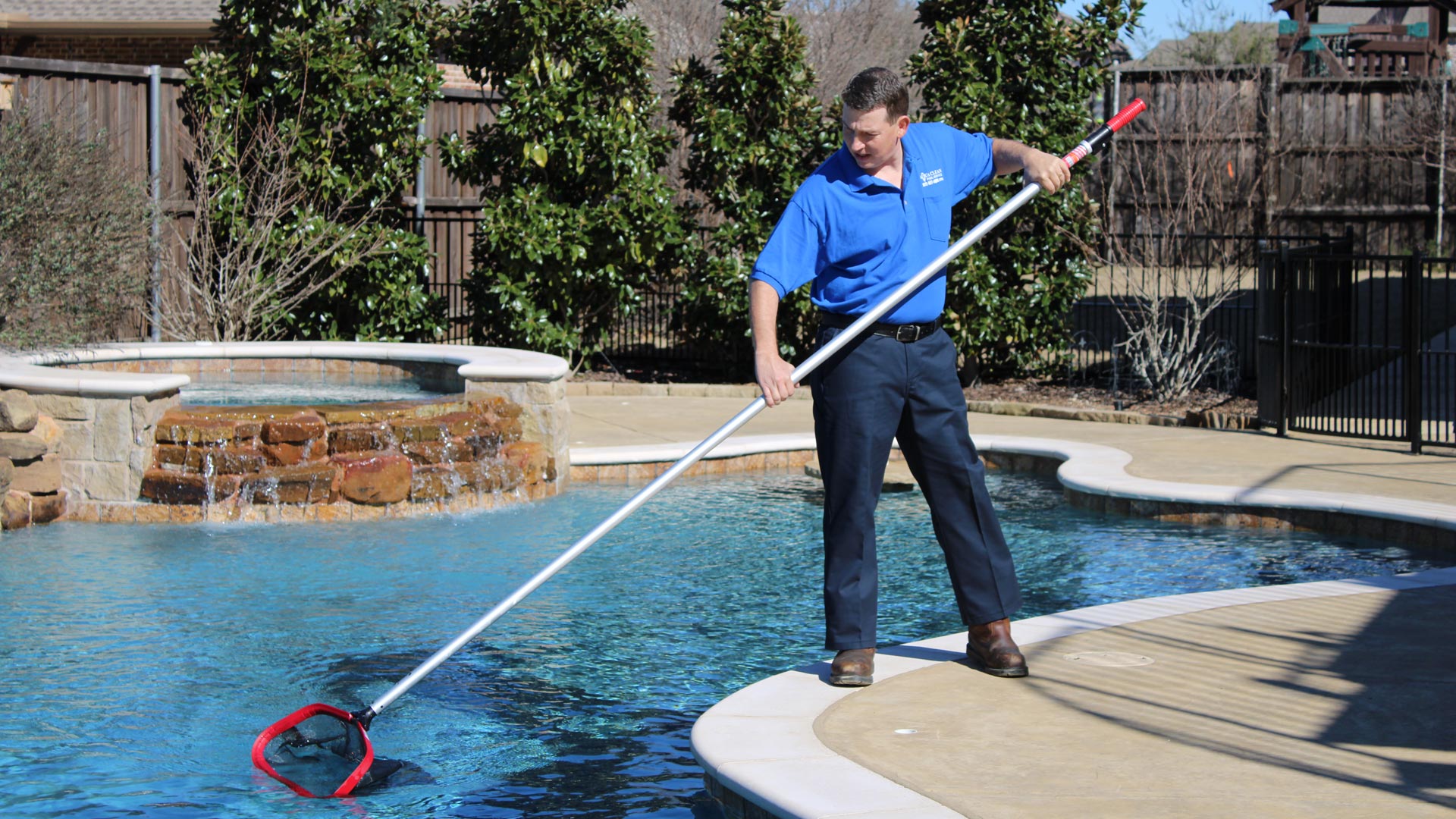HOCL in Water Treatment: Harnessing the Power of Hypochlorous Acid for Efficient and Sustainable Cleaning

Water is a precious resource essential for life, industry, and agriculture. However, the increasing pollution levels and contaminants in water sources necessitate effective water cleaning solutions. One such solution gaining prominence is the use of Hypochlorous Acid (HOCL) in water treatment processes. This article delves into the use of HOCL in water cleaning, its properties, advantages, applications across industries, safety considerations, case studies, and future trends.
Understanding HOCL and Its Properties
Hypochlorous Acid (HOCL) is a weak acid that forms when chlorine dissolves in water. It is known for its powerful antimicrobial properties, making it effective against a wide range of microorganisms including bacteria, viruses, and fungi. HOCL is a clear, colorless solution with a slightly acidic pH, typically ranging from 6.0 to 7.5, which is close to neutral. This characteristic pH level makes HOCL safe for various water treatment applications without causing significant alterations in water chemistry.
The Role of HOCL in Water Cleaning
HOCL acts as a potent oxidizing agent, disrupting the cellular structures of microorganisms and rendering them inactive. When used in water cleaning processes, HOCL targets and eliminates harmful pathogens, thereby ensuring the safety and quality of treated water. Its ability to penetrate microbial cell walls and membranes sets it apart as an effective biocide for disinfection purposes.
Advantages of Using HOCL in Water Treatment
Efficient Disinfection: HOCL effectively kills a broad spectrum of microorganisms, including bacteria, viruses, and protozoa, ensuring water safety.
Residual Effect: HOCL can maintain residual disinfection in water systems, providing ongoing protection against microbial regrowth.
Non-Toxic and Environmentally Friendly: Unlike traditional disinfectants like chlorine gas or bleach, HOCL is non-toxic and breaks down into harmless components, posing minimal risk to the environment.
pH Neutrality: HOCL’s near-neutral pH minimizes the need for extensive pH adjustments in water treatment processes, reducing overall chemical usage and operational costs.
Applications of HOCL in Various Industries
The versatility of HOCL extends across multiple industries and water treatment applications:
Municipal Water Treatment: HOCL is used in municipal water treatment plants for disinfection purposes, ensuring safe drinking water for communities.
Industrial Water Treatment: Industries such as food processing, pharmaceuticals, and manufacturing utilize HOCL for sanitization and disinfection of process water and equipment.
Swimming Pools and Spas: HOCL is an effective sanitizer for maintaining water quality in swimming pools, spas, and recreational water facilities.
Agriculture: HOCL finds applications in agricultural practices for crop irrigation, livestock drinking water, and disinfection of farming equipment.
Healthcare Facilities: Hospitals, clinics, and healthcare facilities use HOCL for surface disinfection, sterilization of medical instruments, and infection control.
Safety Considerations and Handling of HOCL
While HOCL is generally regarded as safe for water treatment applications, proper handling and storage protocols must be followed to ensure safety:
Personal Protective Equipment (PPE): Operators handling HOCL should wear appropriate PPE, including gloves, eye protection, and respiratory protection as needed.
Ventilation: Ensure adequate ventilation in areas where HOCL is used or stored to prevent exposure to concentrated fumes.
Dilution and Mixing: Follow recommended guidelines for diluting HOCL solutions to desired concentrations for specific applications.
Storage: Store HOCL containers securely in well-ventilated areas away from direct sunlight, heat sources, and incompatible materials.
Case Studies: Successful Implementation of HOCL in Water Treatment
Municipal Water Treatment Plant Upgrade: A city upgraded its water treatment plant with HOCL disinfection systems, resulting in improved water quality and compliance with regulatory standards.
Industrial Process Water Disinfection: A food processing plant integrated HOCL systems for process water disinfection, reducing microbial contamination and enhancing product quality.
Swimming Pool Maintenance: A hotel resort adopted HOCL-based sanitization for its swimming pools, achieving superior water clarity and guest satisfaction.
Future Trends and Innovations in HOCL Applications
The future of HOCL in water treatment and disinfection is marked by ongoing research, technological advancements, and innovative applications:
Smart Disinfection Systems: Integration of IoT (Internet of Things) technology for real-time monitoring and control of HOCL dosing in water treatment processes.
Nanostructured HOCL: Advancements in nanotechnology for developing nanostructured HOCL formulations with enhanced stability and efficacy against resistant pathogens.
Green Chemistry Initiatives: Collaborative efforts towards sustainable production methods and eco-friendly formulations of HOCL for minimizing environmental impact.
Conclusion: Harnessing the Power of HOCL for Efficient Water Cleaning
In conclusion, the use of Hypochlorous Acid (HOCL) in water cleaning represents a powerful and versatile solution for disinfection and water treatment across various sectors. With its proven efficacy, safety profile, and environmentally friendly characteristics, HOCL continues to play a vital role in ensuring water safety, public health, and environmental stewardship. By understanding its properties, leveraging technological advancements, adhering to safety protocols, and embracing future innovations, organizations and communities can harness the full potential of HOCL for efficient and sustainable water cleaning practices in the modern world.
Recommended Article: The Essential Guide to Pool Equipment with Mr Pool Man
